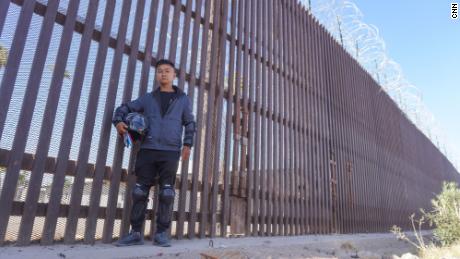The tech-heavy Shenzhen Component Index also fell 1.3% to its worst level in more than two months.
The losses in Chinese stocks came as the country battles an intensive wave of Covid outbreaks. All mainland Chinese provinces have identified locally transmitted Covid-19 cases in the past 10 days, according to CNN’s calculations based on data from the National Health Commission.
The fast spread of cases has sparked worries about more lockdowns. Earlier this year, China placed Shanghai and other key cities under strict lockdowns for months, hammering consumer activity and disrupting global supply chains.
“The implementation of virus restrictions in several parts of [China’s] biggest cities continues to highlight its struggle in containing spreads,” said Yeap Jun Rong, a market strategist at IG Group, adding that Beijing’s tough stance on zero-Covid means the country’s growth prospect could remain subdued.
Also upsetting investors is news that China’s massive manufacturing industry continued to shrink in August amid the country’s worst heat wave in six decades.
A government survey released on Monday showed that the manufacturing Purchasing Managers’ Index rose to 49.4 in August from 49 in July, but remained in contraction territory. The 50-point mark separates contraction from growth.
“Economic activities stayed weak in August, partly due to power shortage caused by heat waves,” said Zhiwei Zhang, president and chief economist at Pinpoint Asset Management, in a note on Wednesday.
The power crisis has eased this week, with energy supply to industrial users being restored in Sichuan and Chongqing. But the main constraint for the economy — the zero-Covid policy — has not been removed, analysts warned.
“The disruption from the power shortages is now receding,” but the Covid situation is “worsening again,” wrote Julian Evans-Pritchard, senior China economist for Capital Economics, in a report on Wednesday.
“For now, the resulting disruption appears modest but the threat of damaging lockdowns is growing,” he said.
— CNN’s Beijing bureau and Simone McCarthy contributed to this report.



